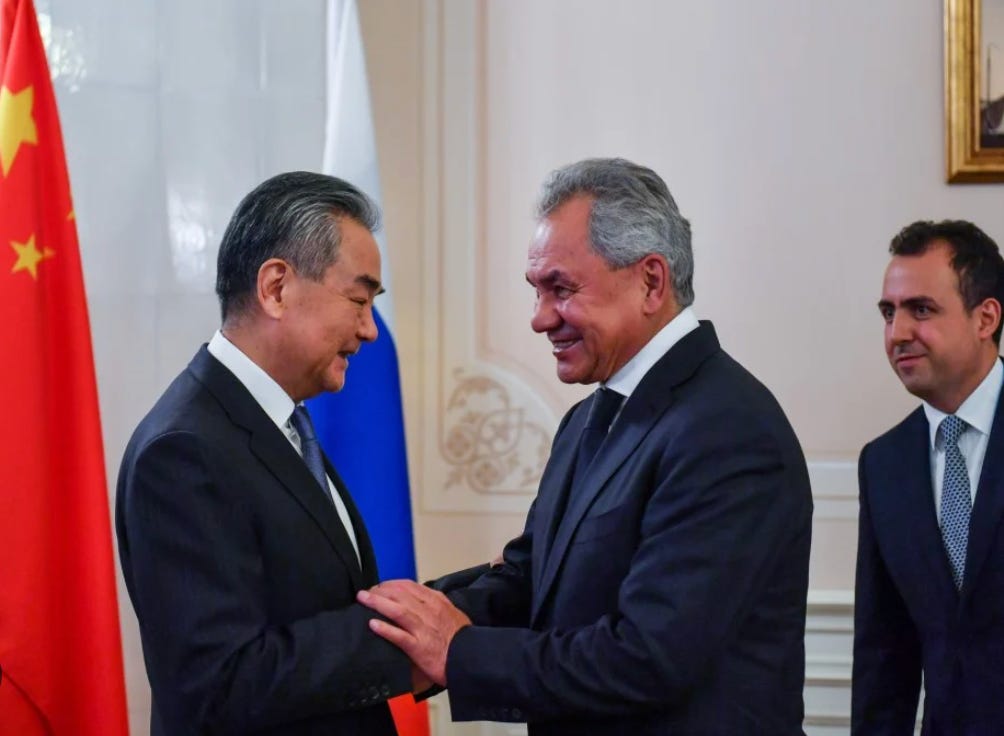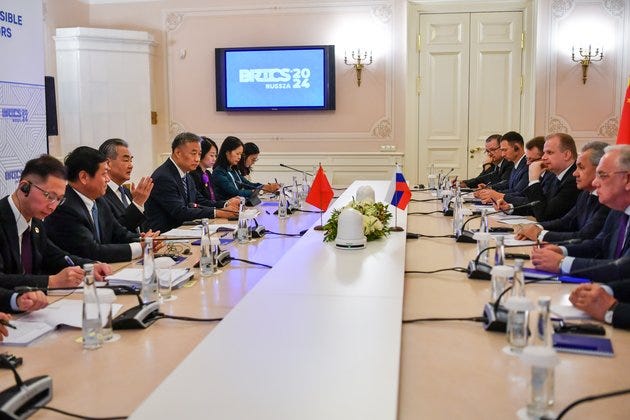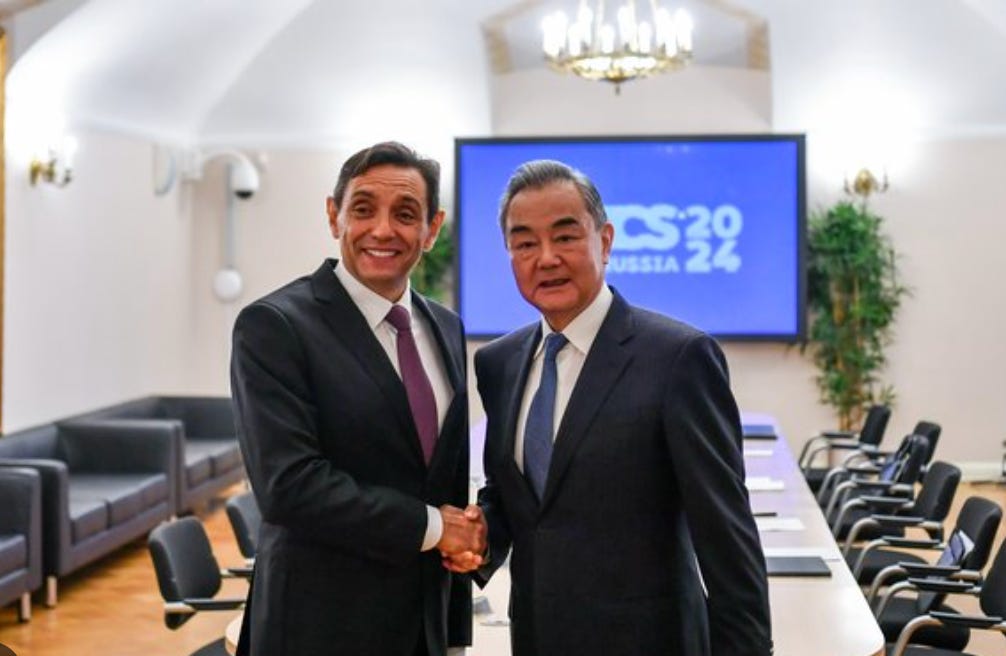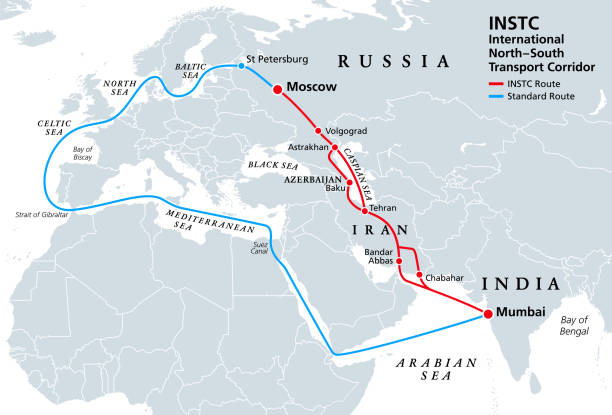BRICS+ Is Open to New Spheres of Collaboration: Security, IT Cyber Crime and Expansion of Eurasian Infrastructure
BRICS+ security conference took place in St. Petersburg, Russia
As the BRICS+ bloc is preparing for the annual summit scheduled on October 22 - 24 in Kazan, Russia, a series of important meetings among the BRICS+ members were held in Saint Petersburg, Russia. Representatives from 21 countries participated, including officials from Serbia, Turkiye and Vietnam.
The meeting was moderated by Sergei Shoigu (former Minister of Defense of Russia from 2012 to 2024) who currently holds the position of the Secretary of the Security Council of Russia. Shortly before the meetings began, Sergey Shoigu announced that the discussion of the situation in Ukraine and the Middle East, as well as terrorism and drug trafficking, would become key topics of the security conference in Saint Petersburg.
Although BRICS+ is an economic association, the members of the bloc discussed a wide range of topics that go far beyond trade and financial matters. Willingness to discuss new areas of collaboration signals the possibility of a growing alignment among the bloc’s members as they pause new member admissions and focus on developing a new partner model as the foundation for future success. The members’ continued focus on peace and diplomatic solutions underscore the opposition towards future and ongoing escalations.
In an opening speech, Sergei Shoigu spoke about how the West “imposing a rules-based order" on the global community. Shoigu underscored that such approach contradicts the essence of international law. He also called on BRICS+ countries to expand collaboration in combating crime in information technologies, threats of terrorism and extremism, illegal weapons, cross-border crime, and illegal migration. Earlier this year, the bloc agreed to expand cooperation in preventing the use of information technologies and virtual payment systems in drug trafficking.
The BRICS member states’ joint work include the creation of a special online register for exchanging data on computer attacks or incidents. The adoption of the decision to establish a BRICS council on combating money laundering and financing of terrorism is nearing completion. In July, the ninth plenary session of the anti-terrorism working group was held in Moscow.
As part of the BRICS anti-corruption work, member countries’ common approaches to combating bribery and to the return of assets and proceeds from illegal criminal activity have been approved at the suggestion of the Russian side.
The Foreign Minister of China, Wang Yi, attended the meeting in Saint Petersburg. His speech was in line with China’s prior diplomatic position on the global escalatory developments.

Wang Yi spoke about the need to focus on strategic cooperation among BRICS+ members as well as the importance of promoting peace and security globally. He underscored the need to de-escalate ongoing conflicts.
Representatives of China and Iran held bilateral discussions focusing on the International North South Transportation Corridor, a project that will become a key strategic development for the region. The Corridor represents a 7,200-km (4500 mile) long multi-mode network of ship, rail, and road route for moving freight between India, Iran, Azerbaijan, Russia, Central Asia and Europe.
Additionally, peace mediation in Ukraine was discussed since Ukraine’s Zelensky requested that a country of the Global South holds the second peace summit.
I shared more detailed information on the meeting among BRICS+ members, India’s role in Ukraine peace negotiations and my perspective on the Saint Petersburg security conference meetings in a recent video:
Stay connected with Lena: YouTube | Rumble | Locals | Patreon | X | Telegram







"combating money laundering and the financing of terrorism"
Sounds familiar.
Thanks for the update.